1948 WAS a year of founding moments, where new institutions, ideologies, and identities took shape across the globe. It was the year the National Health Service launched in Britain, redefining the relationship between citizen and state. In Asia and the Middle East, independence movements and political declarations reshaped borders and provoked regional conflict, most notably with the establishment of the State of Israel. Meanwhile, the world’s attention turned skyward as the Berlin Airlift defied blockade and division, marking the start of a new geopolitical era.
You can even discover 1948 events for yourself in a 1948 newspaper ... Browse our archives and purchase your own today!
January
January 4: Burma gains full independence from Britain, becoming the Union of Burma outside the Commonwealth, with U Nu as its first Prime Minister.
January 12: Mahatma Gandhi begins a hunger strike in New Delhi, urging Hindus and Muslims to end violent sectarian clashes in post-partition India.
January 17: The Netherlands continues military operations in Indonesia in an effort to suppress the independence movement, intensifying the colonial conflict.
January 28: Ampex sells the first commercial tape recorder in the US, marking a major advance in audio recording technology.
January 30: Mahatma Gandhi is assassinated in New Delhi by Hindu extremist Nathuram Godse, prompting global mourning and political unrest.
January 31: British Railways is formed through the nationalisation of the UK’s major railway companies under the Labour government.
January 31: Magnetic tape is used to record an American radio broadcast for the first time, revolutionising the future of audio media.
February
February 1: Malaya introduces the death penalty for illegal possession of firearms amid rising insurgent violence.
February 4: Ceylon (modern-day Sri Lanka) gains independence from Britain, becoming a dominion within the Commonwealth.
February 10: Arthur Miller’s Death of a Salesman premieres in New York, becoming a landmark in American theatre.
February 15: The Soviet Union officially recognises North Korea as the legitimate government of the Korean Peninsula.
February 18: The UK Parliament passes the National Health Service Bill, laying the legal groundwork for a free healthcare system.
February 21: NASCAR is established in Daytona Beach, Florida, setting the stage for professional stock car racing in the US.
February 25: Communists seize full control of Czechoslovakia in a Soviet-backed coup, establishing a one-party regime.
February 28: Protests erupt in Taiwan over government repression in an event known as the “228 Incident”, leading to a brutal crackdown.
March
March 10: Czech Foreign Minister Jan Masaryk is found dead under suspicious circumstances; many suspect Soviet involvement.
March 17: The Treaty of Brussels is signed by five Western European nations, forming a mutual defence pact amid Cold War tensions.
March 20: The Soviet Union walks out of the Allied Control Council, ending four-power cooperation in post-war Germany.
March 28: Actress Dianne Wiest is born in Missouri; she will later win two Academy Awards for her work in film.
March 29: Egyptian King Farouk survives an assassination attempt in Cairo, increasing instability in the region.

Egyptian King Farouk. Image: Wikipedia
March 31: The US Congress approves the Marshall Plan, allocating billions of dollars in aid to rebuild European economies.
April
April 1: Austrian politician Jörg Haider is born; he will later become known for his leadership of the far-right Freedom Party.
April 3: President Truman signs the Foreign Assistance Act, putting the Marshall Plan into effect and releasing funds for European recovery.
April 7: The World Health Organization (WHO) is formally established in Geneva as a specialised agency of the United Nations.
April 9: Colombian leader Jorge Eliécer Gaitán is assassinated in Bogotá, triggering violent riots known as the Bogotazo.
April 12: The US military resumes peacetime conscription, requiring young men to register for the draft under the Selective Service Act.
April 15: Western Union introduces a commercial fax transmission service, offering faster document communication across the US.
April 18: English actress Hayley Mills is born in London; she will achieve fame as a child star in British and Disney films.
April 30: Film director Mike Leigh is born in Salford; he will later gain acclaim for socially conscious British drama.
May
May 1: North Korea holds its first parliamentary elections under Kim Il-sung’s leadership, consolidating Communist rule.
May 9: South Africa’s National Party wins the general election and begins formally introducing apartheid legislation.
May 11: The US Air Force completes the first successful in-flight refuelling using the looped hose method, expanding aircraft range.
May 14: David Ben-Gurion declares the independence of Israel in Tel Aviv, establishing a Jewish state as the British Mandate ends.
May 15: Five Arab nations invade Israel, beginning the first Arab-Israeli War and rejecting the United Nations partition plan.
May 16: The United States officially recognises Israel, becoming one of the first nations to support the new state diplomatically.
May 21: Manchester United defeats Blackpool 4 – 2 to win the FA Cup, the club’s first major trophy under manager Matt Busby.
May 26: The first transistorised hearing aid becomes commercially available in the US, making assistive devices more portable.
May 30: Actor Trevor Peacock is born in London; he will later become known for his role as Jim Trott in The Vicar of Dibley.
June
June 5: The United Nations Economic and Social Council convenes its second session in Geneva, focusing on global development.
June 8: A 6.8-magnitude earthquake strikes Fukui, Japan, killing over 3,700 and leaving widespread destruction in its wake.
June 14: Queen Wilhelmina of the Netherlands abdicates after 50 years, passing the crown to her daughter Juliana.
June 18: The UN Commission on Human Rights completes the draft of the Universal Declaration of Human Rights in Paris.
June 20: The Deutsche Mark is introduced in the Western zones of Germany, triggering economic stabilisation and Soviet protest.
June 24: The Soviet Union begins the Berlin Blockade by cutting off road, rail and canal access to West Berlin.
June 26: The Berlin Airlift begins as US and British planes deliver essential supplies to blockaded West Berlin.
June 28: Yugoslavia is expelled from the Cominform after Tito refuses to submit to Stalin’s control, marking a major Communist split.
June 30: The Empire Windrush docks at Tilbury, bringing 492 Caribbean immigrants to Britain and marking the start of post-war migration.
July
July 15: President Truman issues Executive Order 9981, ordering the desegregation of the US Armed Forces and advancing civil rights reform.
July 19: The Representation of the People Act passes in the UK, reforming electoral boundaries to improve voting equality across constituencies.
July 24: Walter Mondale is born in Minnesota; he will go on to become US Vice President under President Jimmy Carter.
July 29: The 1948 Summer Olympics open in London, the first Games held since 1936, symbolising global recovery and post-war resilience.

1948 London Olympics. Image: Wikipedia
July 31: British author W. E. Johns publishes Biggles in the Orient, adding to his popular wartime adventure series for young readers.
August
August 10: Candid Camera debuts on US television, launching a new genre of unscripted entertainment and influencing future formats.
August 15: The Republic of Korea (South Korea) is formally established in Seoul, with Syngman Rhee inaugurated as its first President.
August 18: The BBC begins daily television news bulletins in the UK, bringing regular visual news to a growing audience.
August 19: Jean-Paul Sartre publishes What is Literature?, a key existentialist work on writing, freedom, and social responsibility.
August 25: The House Un-American Activities Committee intensifies its investigation into communist influence in the Hollywood film industry.
August 27: Following the murder of UN mediator Count Bernadotte, Ralph Bunche is appointed acting mediator for Palestine negotiations.
August 30: English footballer Trevor Brooking is born in Essex; he will later represent England internationally and become a pundit.
September
September 2: Queen Juliana of the Netherlands is formally inaugurated following the abdication of her mother, Queen Wilhelmina.
September 4: Indonesian nationalist leader Mohammad Hatta is detained by Dutch troops during the ongoing fight for independence.
September 9: The Democratic People’s Republic of Korea is officially established in Pyongyang, with Kim Il-sung installed as Premier.
September 10: American broadcaster Mildred Gillars, known as “Axis Sally”, is indicted for treason for her Nazi propaganda broadcasts.
September 12: Margaret Chase Smith becomes the first woman elected to both houses of the US Congress, winning a seat in the Senate.
September 17: UN peace envoy Count Folke Bernadotte is assassinated in Jerusalem by members of the Zionist group Lehi.
September 18: The BBC airs its first televised sports programme, Sports Review, marking the start of regular TV sports coverage in Britain.
September 22: Israel is formally admitted to the World Health Organization, marking a step toward broader international recognition.
October
October 1: The F-86 Sabre jet fighter makes its maiden flight in the US, introducing a key aircraft that will later serve prominently in the Korean War.
October 3: Gerhard Schröder is born in Mossenberg, West Germany; he will later become Chancellor and a major figure in post-reunification politics.
October 14: During Operation Yoav, Israeli forces capture the Negev Desert from Egyptian control, gaining strategic ground in the Arab-Israeli War.
October 16: The final executions from the Nuremberg Trials are carried out, bringing legal closure to key figures of the Nazi regime.
October 18: The British Army unveils the Centurion Mark III, a next-generation tank that will become one of the most successful post-war designs.
October 20: Columbia Records releases the first long-playing (LP) vinyl record, revolutionising the music industry with improved sound and storage.
November
November 2: In a surprise result, President Harry S. Truman defeats Republican Thomas E. Dewey in the US election, securing a full term.
November 4: British-American poet T. S. Eliot is awarded the Nobel Prize in Literature for his influential body of modernist work.

T.S Elliot. Image: Wikipedia
November 8: The UN General Assembly formally condemns South Africa’s apartheid policies, increasing international pressure on the regime.
November 11: The Royal Navy commissions HMS Eagle, its first aircraft carrier constructed after World War II, signalling naval modernisation.
November 15: British writer Kingsley Amis publishes his first collection of poetry, marking the early stages of a major literary career.
November 20: The Convention on the International Maritime Organization is adopted by the United Nations, though the IMO will not begin operations until 1958.
December
December 3: The first commercial Polaroid instant cameras go on sale in the US, allowing photographs to develop within minutes.
December 7: The UK Parliament holds a debate on proposals to construct the first motorway system, aiming to modernise British transport infrastructure.
December 9: The UN General Assembly adopts the Convention on the Prevention and Punishment of the Crime of Genocide, setting a global legal precedent.
December 10: The Universal Declaration of Human Rights is formally adopted by the UN in Paris, affirming core freedoms and dignity for all people.
December 11: The Arab Higher Committee rejects the UN Partition Plan for Palestine, continuing opposition to the creation of Israel.
December 16: Cardinal József Mindszenty, a vocal opponent of communism in Hungary, is arrested by the regime, drawing international condemnation.
December 21: Irish actress Geraldine Fitzgerald receives acclaim for her role in Street Scene on Broadway, furthering her international recognition.
December 30: Kiss Me, Kate opens on Broadway, blending Shakespeare with musical theatre and becoming a defining work of Cole Porter’s career.
Key Events of 1948
The Founding of the NHS
ON 5 JULY 1948, the United Kingdom launched the National Health Service, a landmark moment in British social history. The creation of the NHS fulfilled a central promise of the post-war Labour government, offering free healthcare at the point of use to all citizens, regardless of income. Spearheaded by Health Minister Aneurin Bevan, the system nationalised hospitals, introduced state-funded general practitioner services, and placed public health at the centre of national policy. Though it faced opposition from sections of the medical establishment at the time, the NHS quickly became one of the most widely supported institutions in the UK and remains a cornerstone of British life to this day.
The Creation of Israel
14 MAY 1948 marked the formal declaration of the State of Israel, proclaimed by David Ben-Gurion in Tel Aviv hours before the expiration of British control over Palestine. The announcement came after years of Zionist movement efforts and international debate, particularly within the United Nations, which had endorsed a partition plan for separate Jewish and Arab states. The declaration was immediately followed by invasion from neighbouring Arab countries, launching the first Arab-Israeli War. The United States and the Soviet Union were among the first to recognise Israel diplomatically, and despite ongoing conflict, the new state rapidly gained legitimacy and secured its territorial presence. The founding of Israel remains a defining and deeply complex event in 20th-century global history.
The Berlin Blockade and Airlift
IN JUNE 1948, tensions between the Western Allies and the Soviet Union escalated dramatically when the USSR imposed a blockade on all ground routes into West Berlin. The blockade was a response to currency reform in the Western zones of Germany, which the Soviets viewed as a threat to their control of the Eastern bloc. In response, the United States and Britain launched the Berlin Airlift, an unprecedented logistical operation that flew essential supplies including food, fuel, and medicine into the city. At its peak, a plane was landing every 30 seconds. The airlift continued for nearly a year and successfully kept West Berlin sustained, demonstrating the resolve of Western powers to resist Soviet pressure. The event marked a significant early flashpoint in the Cold War and solidified the division of East and West Berlin.
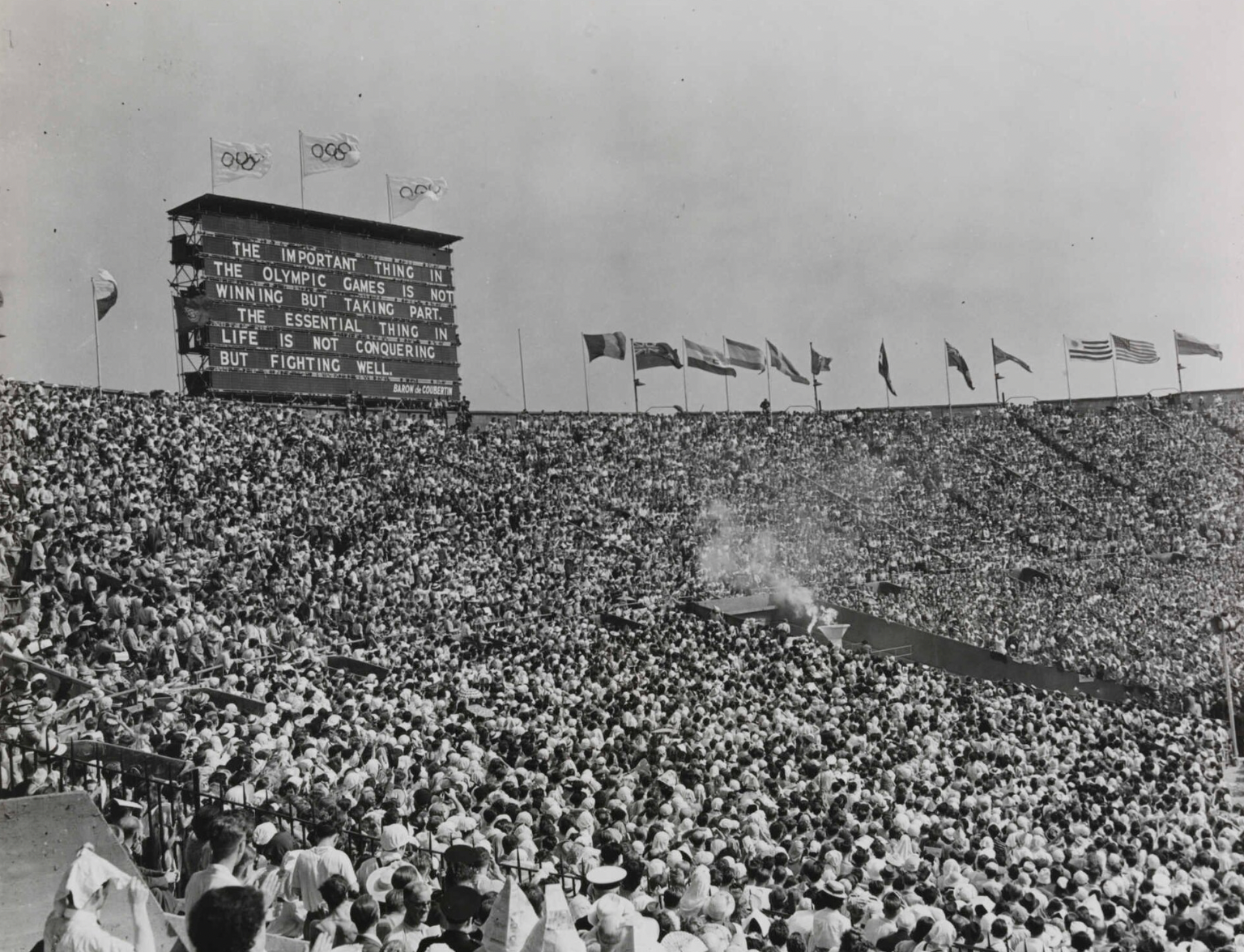



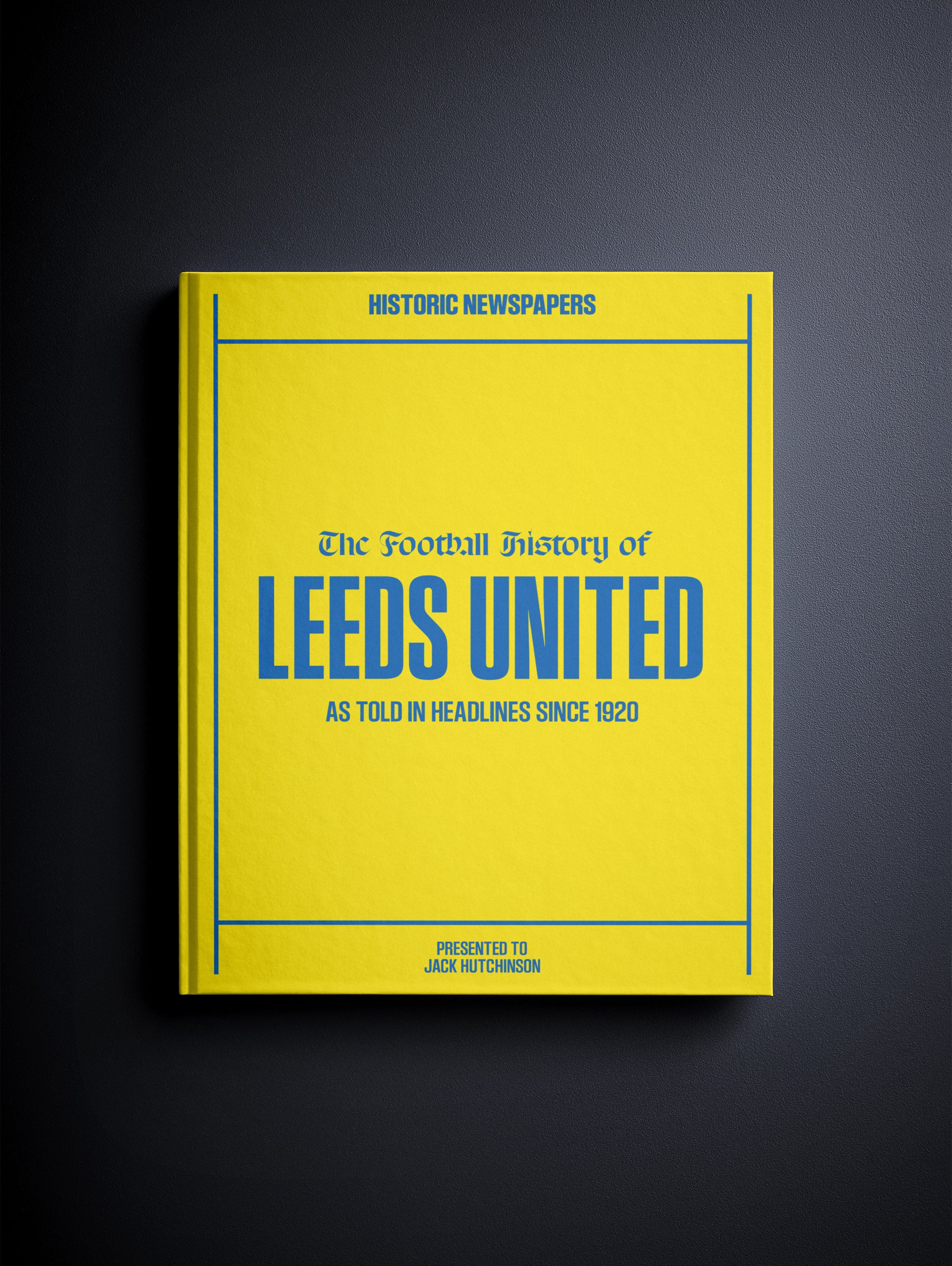

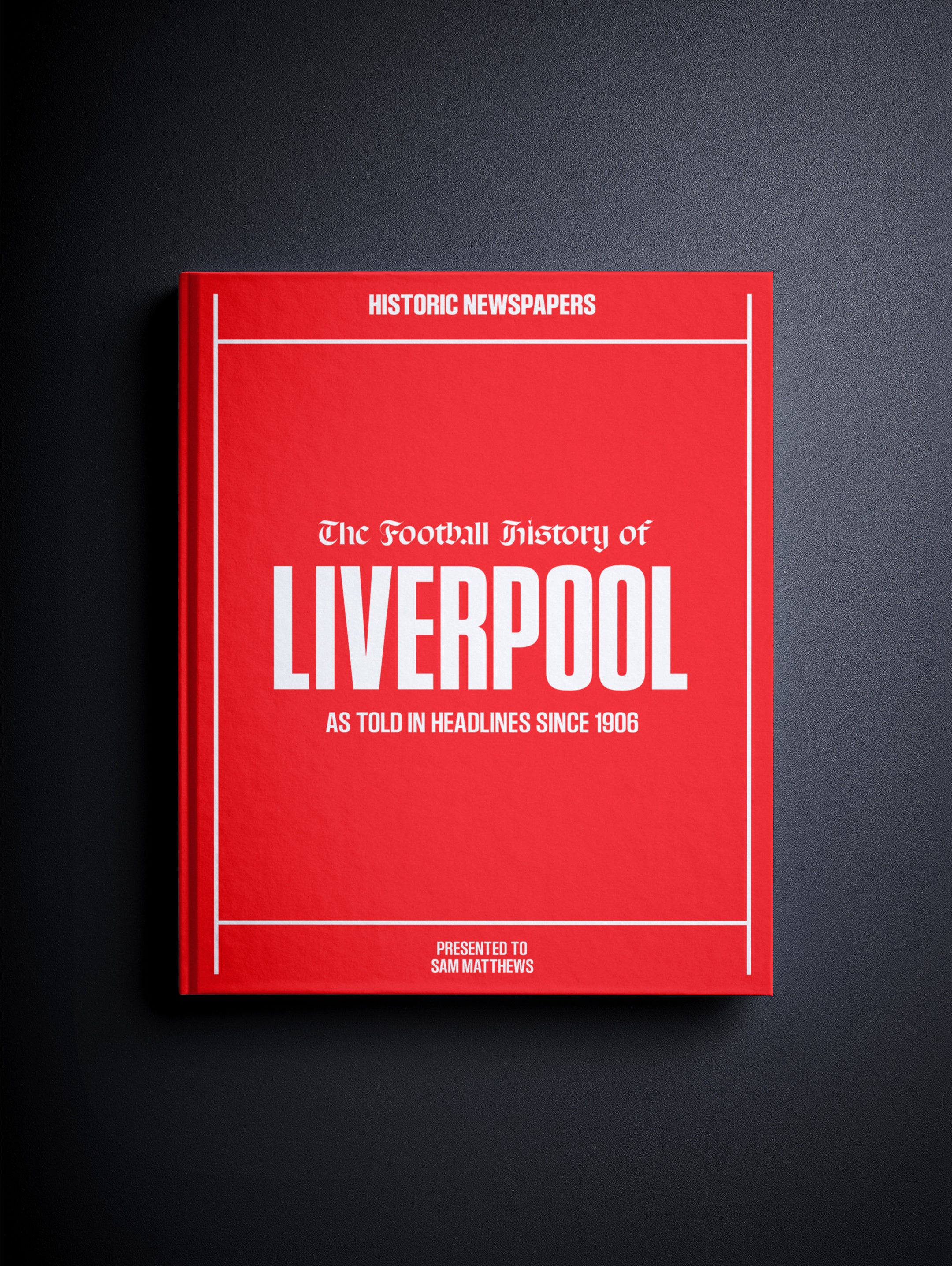

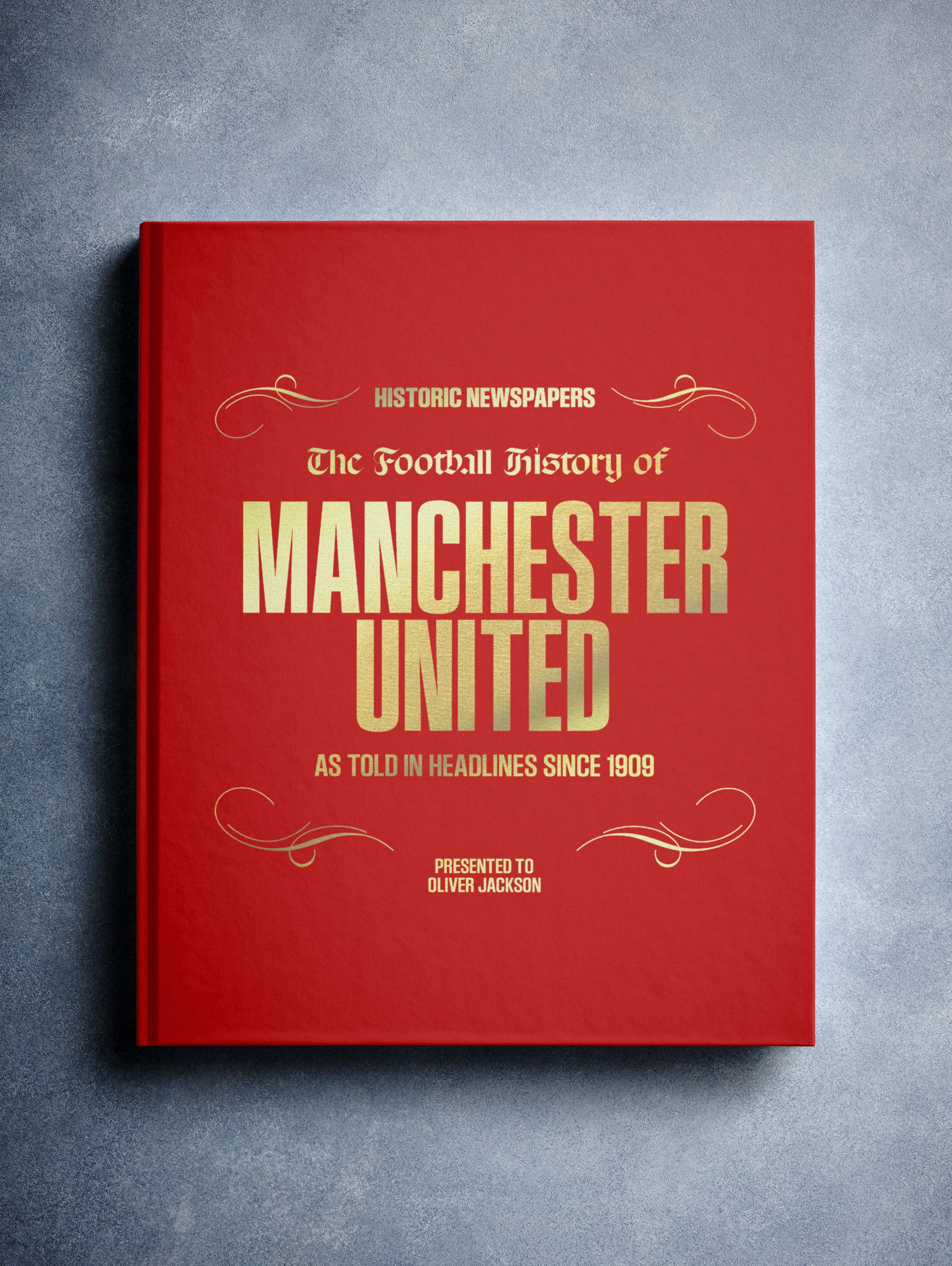


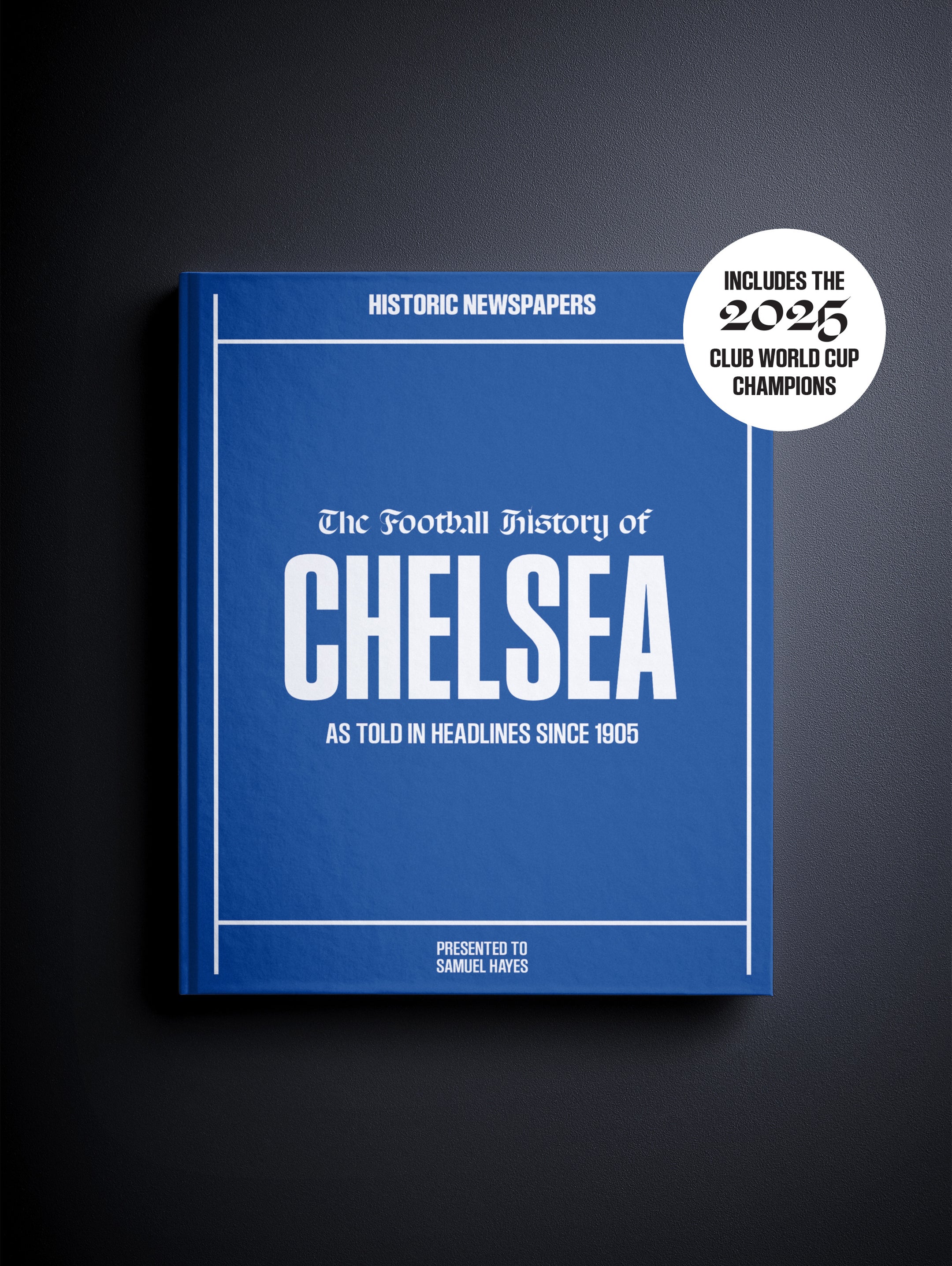












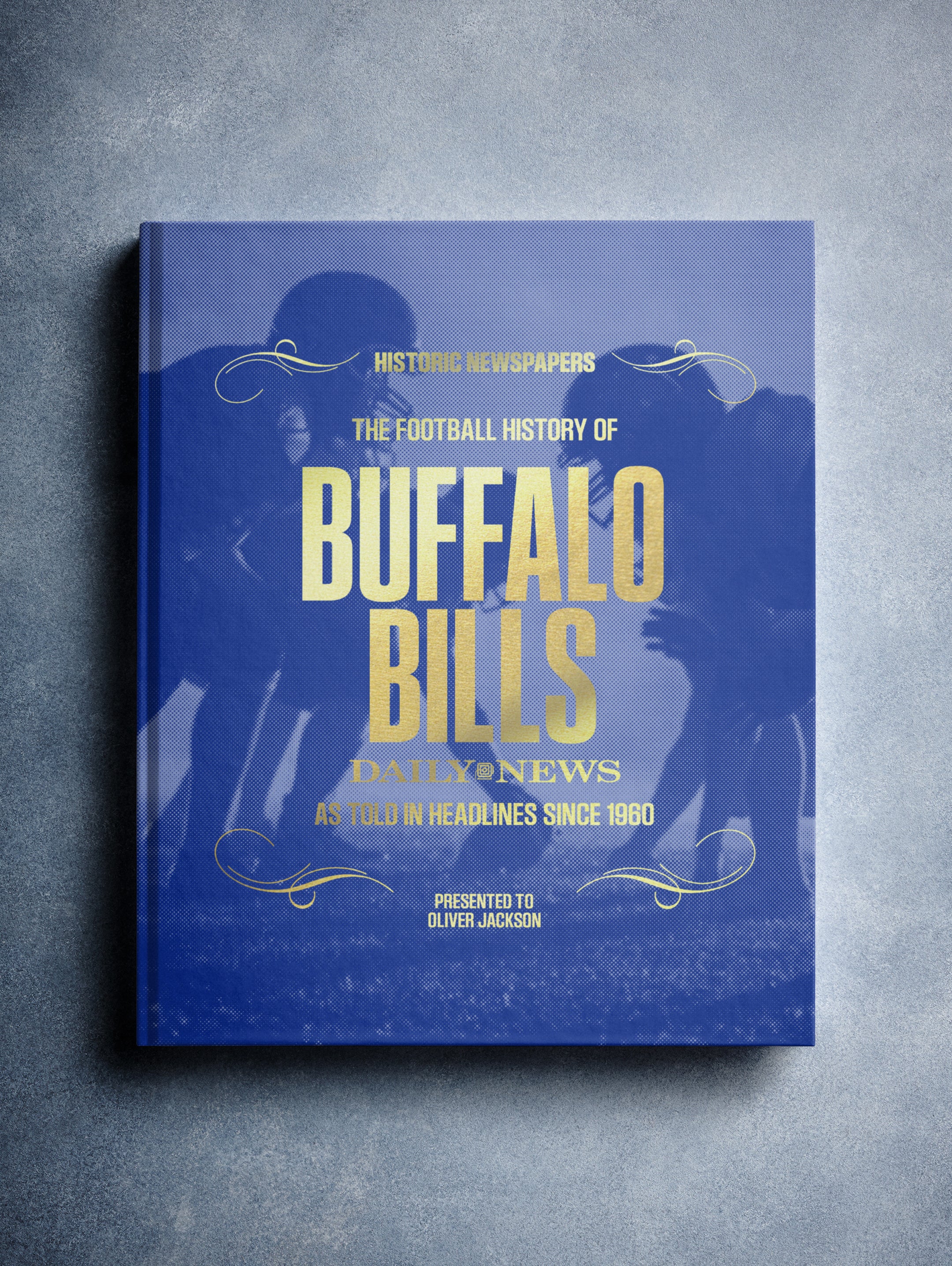


Follow us